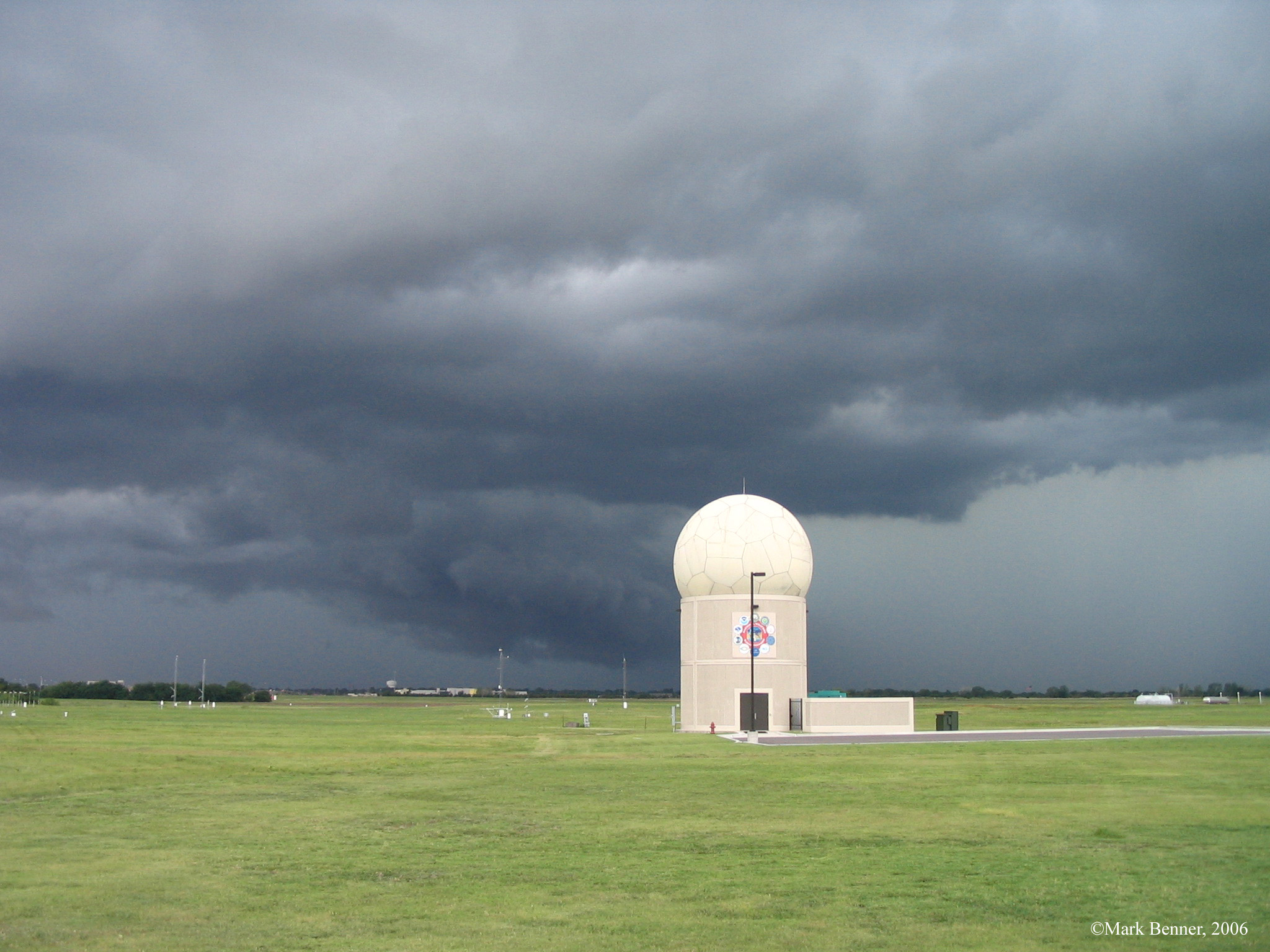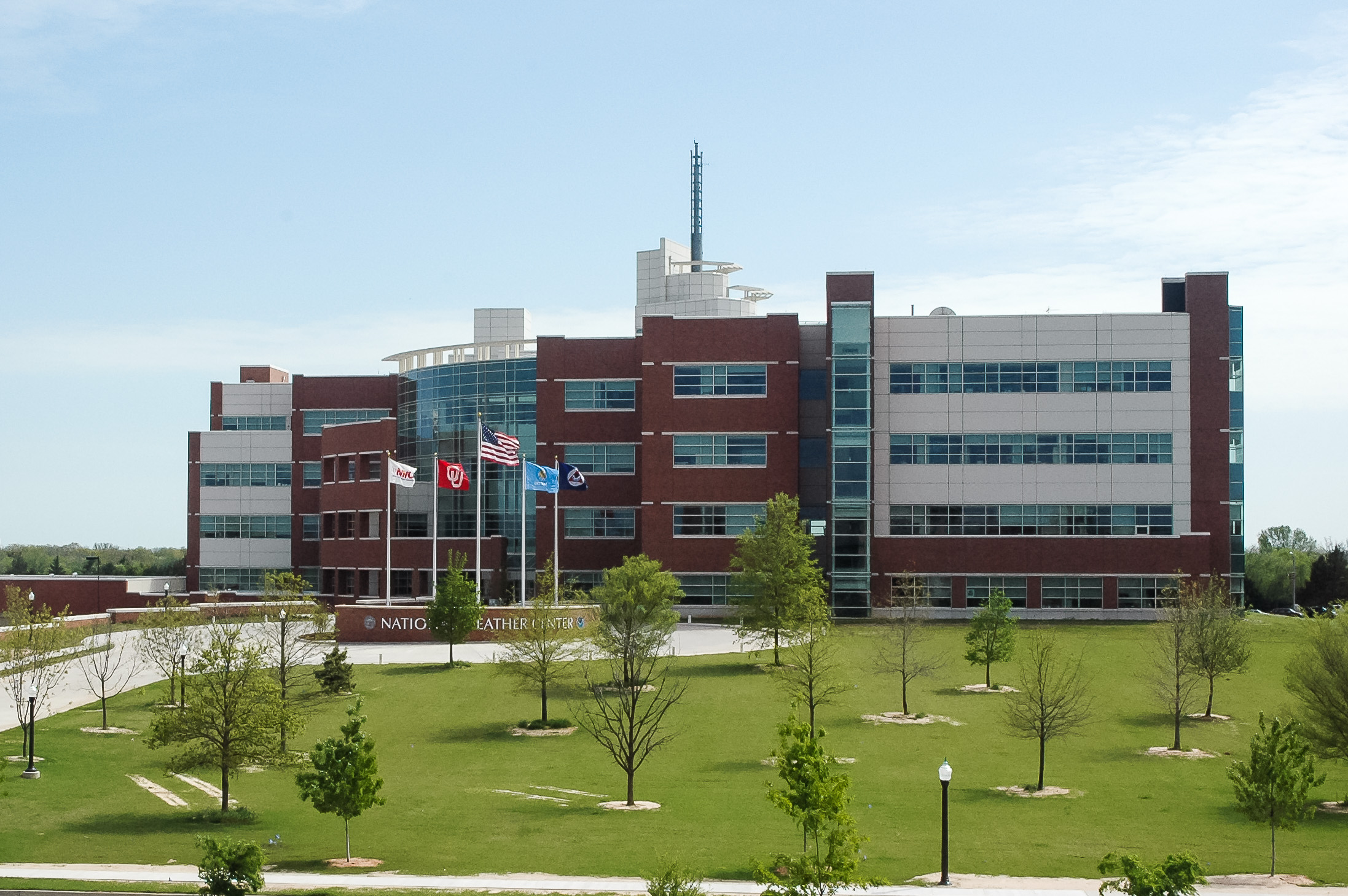
Researchers from NSSL/CIMMS will share the latest radar research at the 8th European Conference on Radar in Meteorology and Hydrology September 1-5 in Garmisch-Partenkirchen, Germany.
Some of the topics to be presented include:
- New techniques and algorithms that use output from a high-resolution weather model to predict precipitation types at the ground, and to identify the layer in the atmosphere where melting occurs
- Observations made by a dual-pol data quality team during and after the dual-pol deployment process including observations of tornado debris, the descent of the snow level in Arizona, a smoke plume, and the interface of shallow and deep water over the ocean.
- A new technique was demonstrated for WSR-88D and weather Phased Array Radar (PAR) that transmits a few radar pulses into different directions and simultaneously receives returns to shorten update time from 1 minute to 15 seconds
- Whether super-resolution data produced by range-oversampling techniques help or hurt NEXRAD’s ability to detect tornadoes.
- A dual-pol product that could aid in the detection of developing and evolving deep moist convection by locating and tracking thunderstorm updrafts
- A range-based volume coverage pattern algorithm developed to improve vertical spatial resolution without sacrificing scan update times
- Results from a study that asked a NWS forecaster, who issued warnings for a violent tornado event in central Oklahoma using WSR-88D data, to evaluate the same event using rapid-scanning Phased Array Radar data. The forecaster found PAR data proved most advantageous in instances of rapid storm organization, sudden mesocyclone intensification, and abrupt, short-term changes in tornado motion.
- Overview of the NSSL Research to Operations (R2O) process, past scientific and engineering contributions, as well as current R2O activities in signal processing and polarimetric techniques.
The mission of ERAD2014 is to provide a platform for exchange between students, research scientists, radar operators, and end users of weather radar. It also provides an opportunity to transfer knowledge from research into operational use (and vice versa) of weather radar. The first ERAD conference was in Bologna, Italy in 2000.

